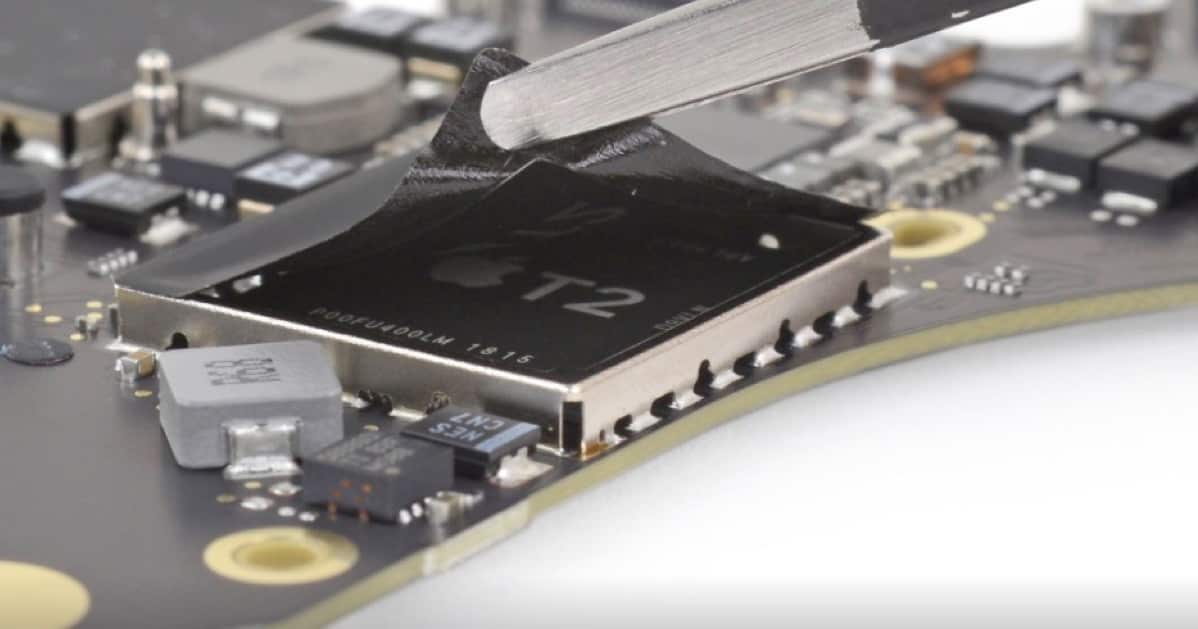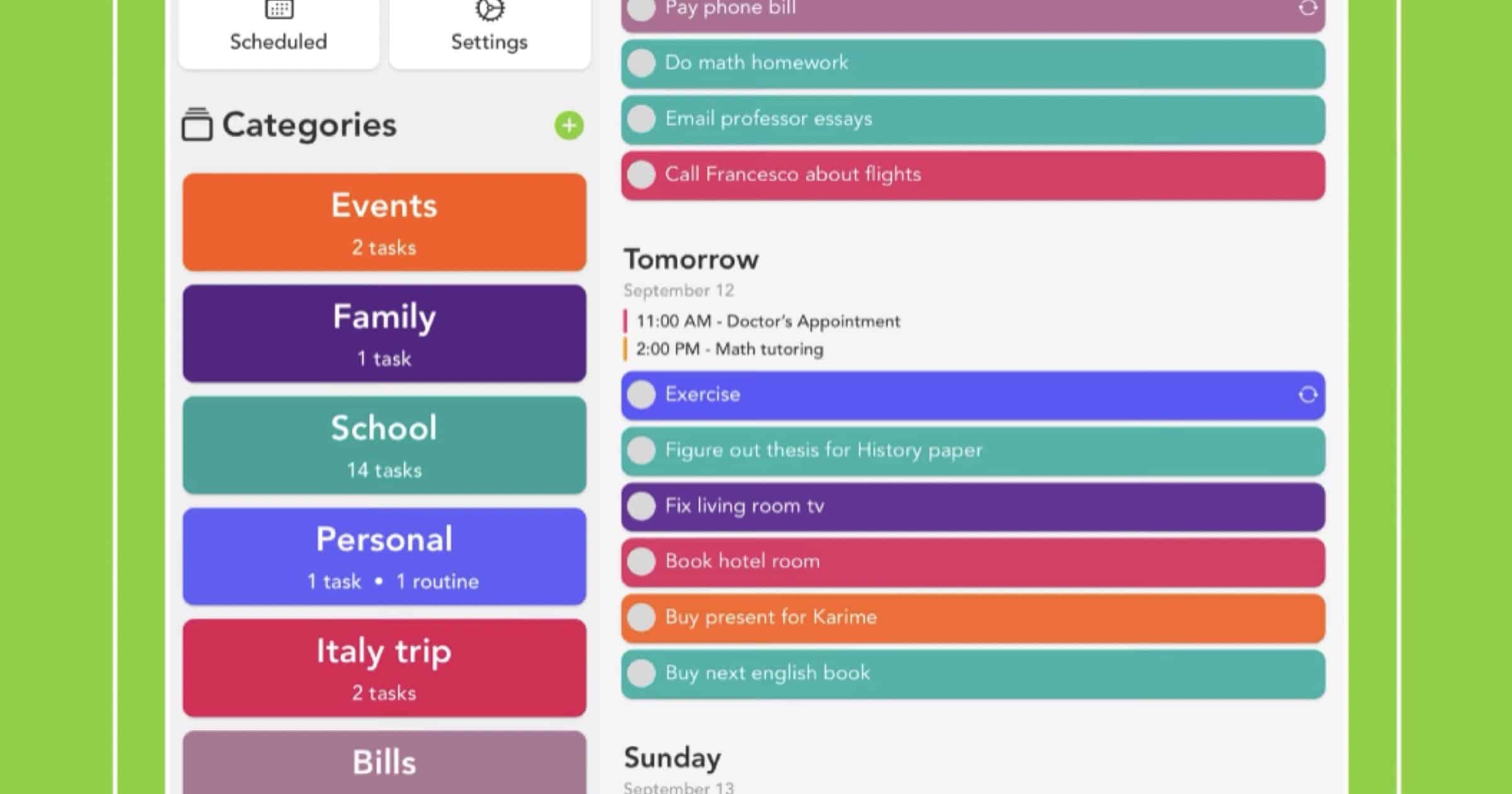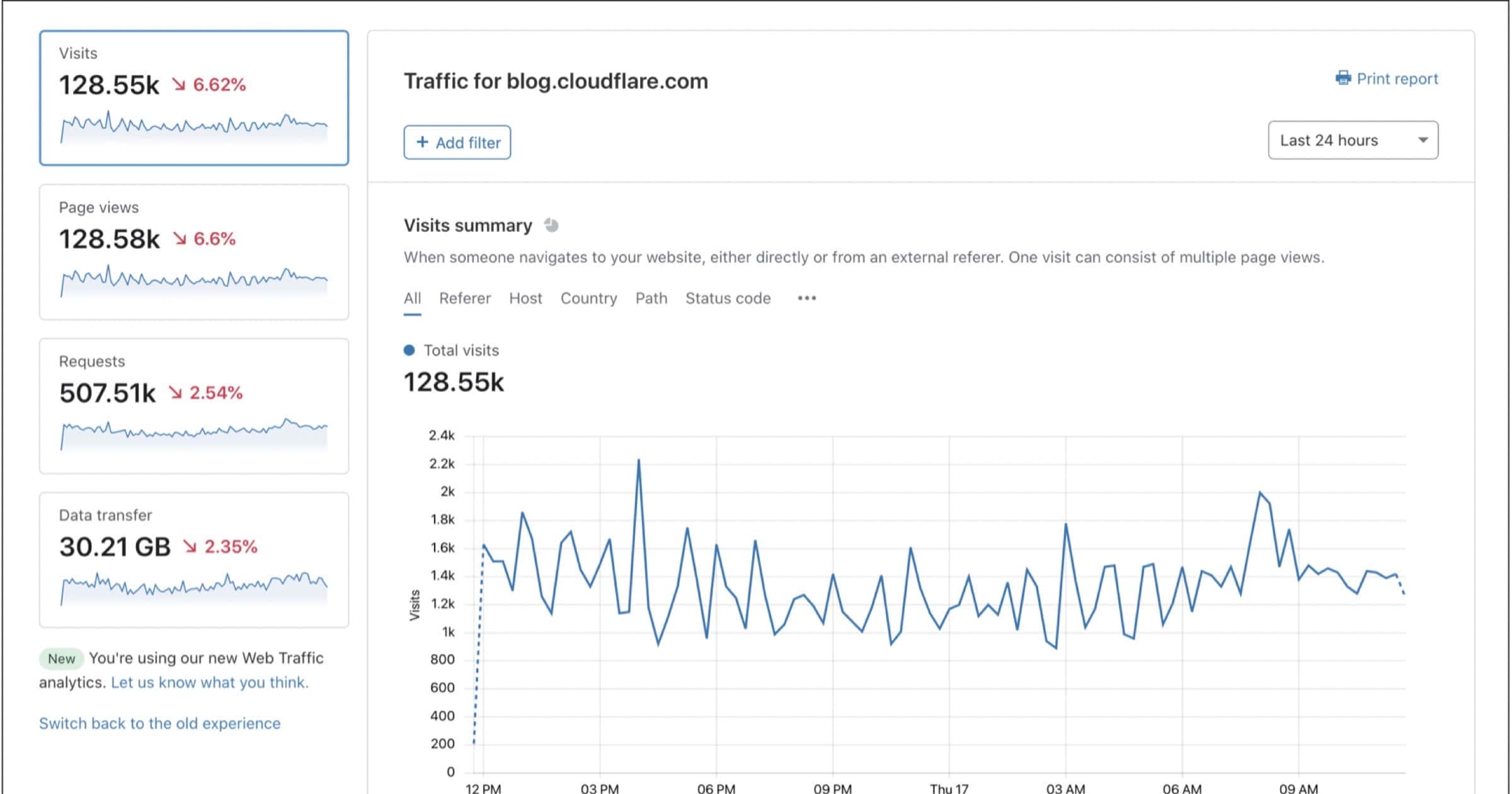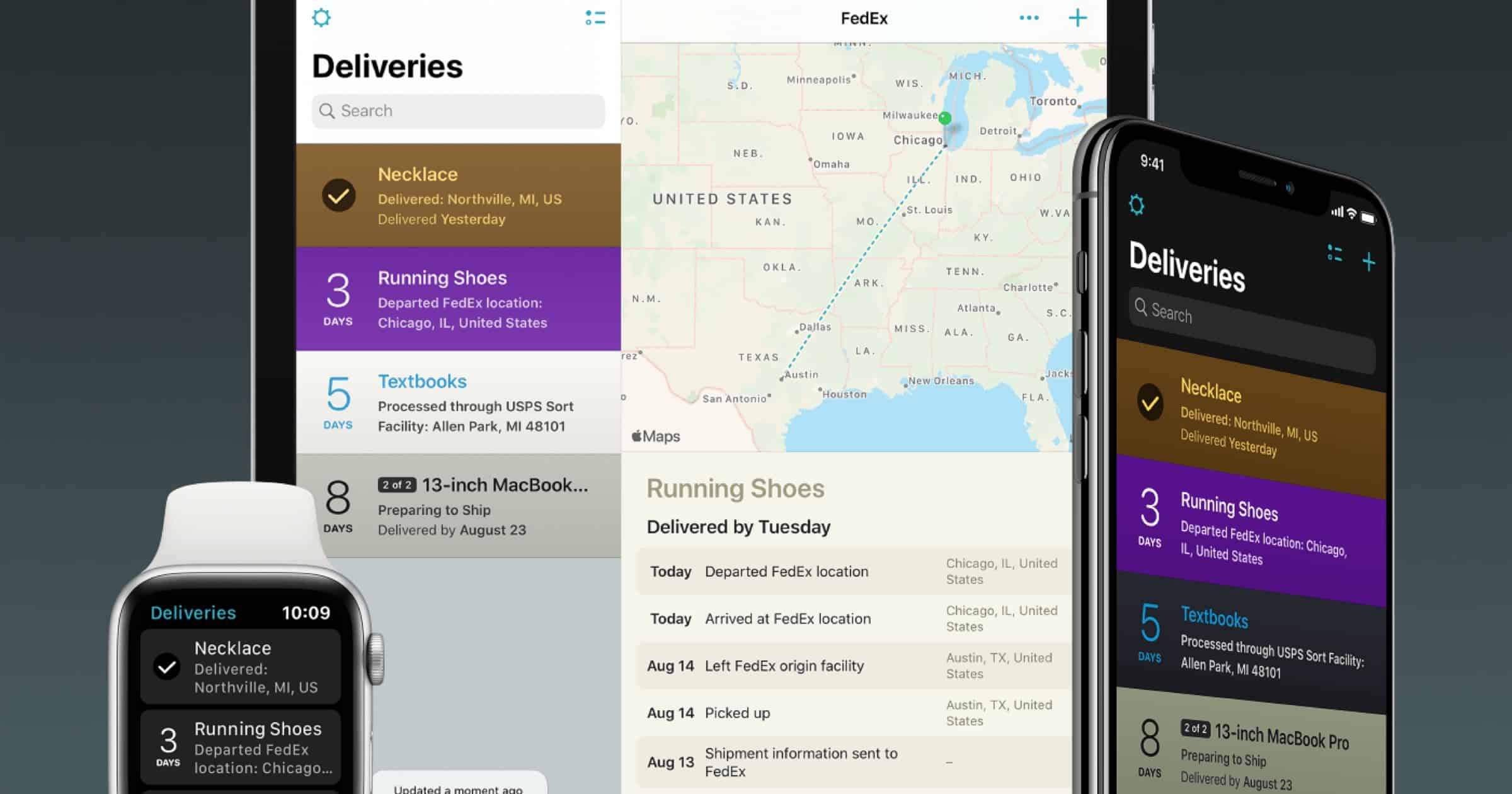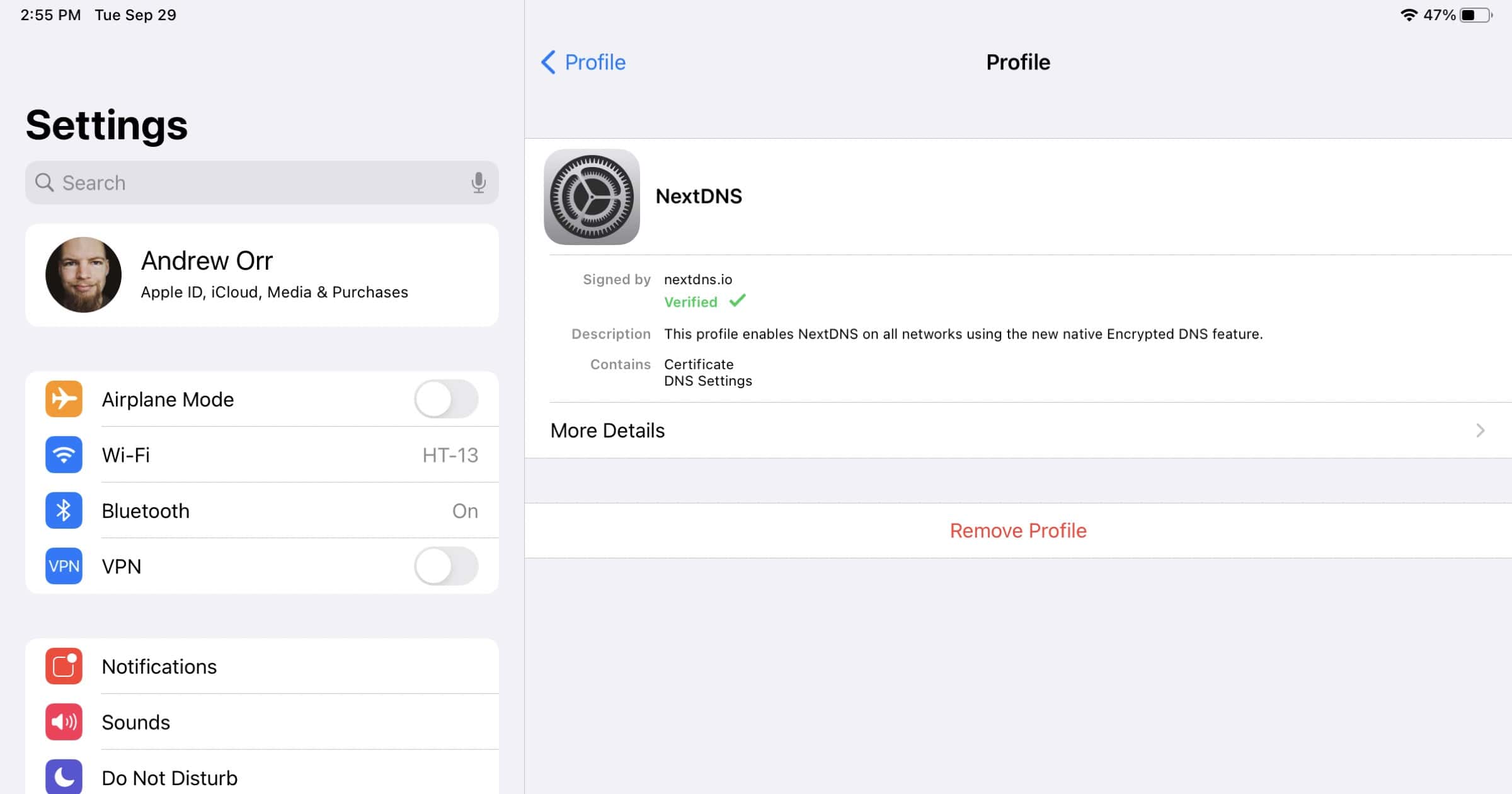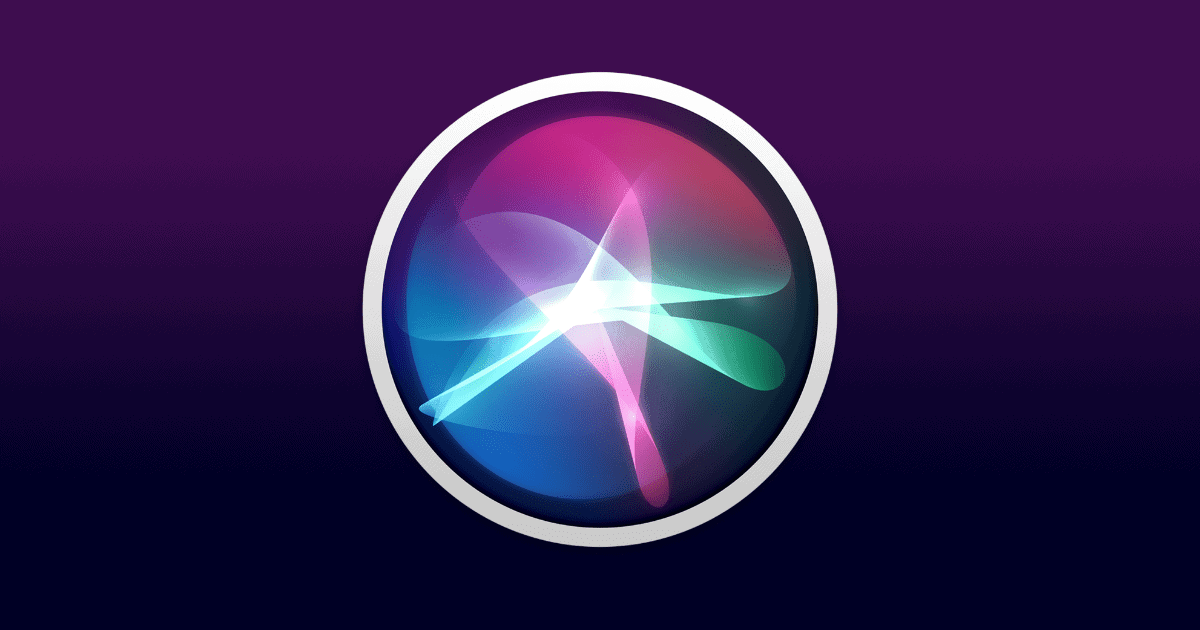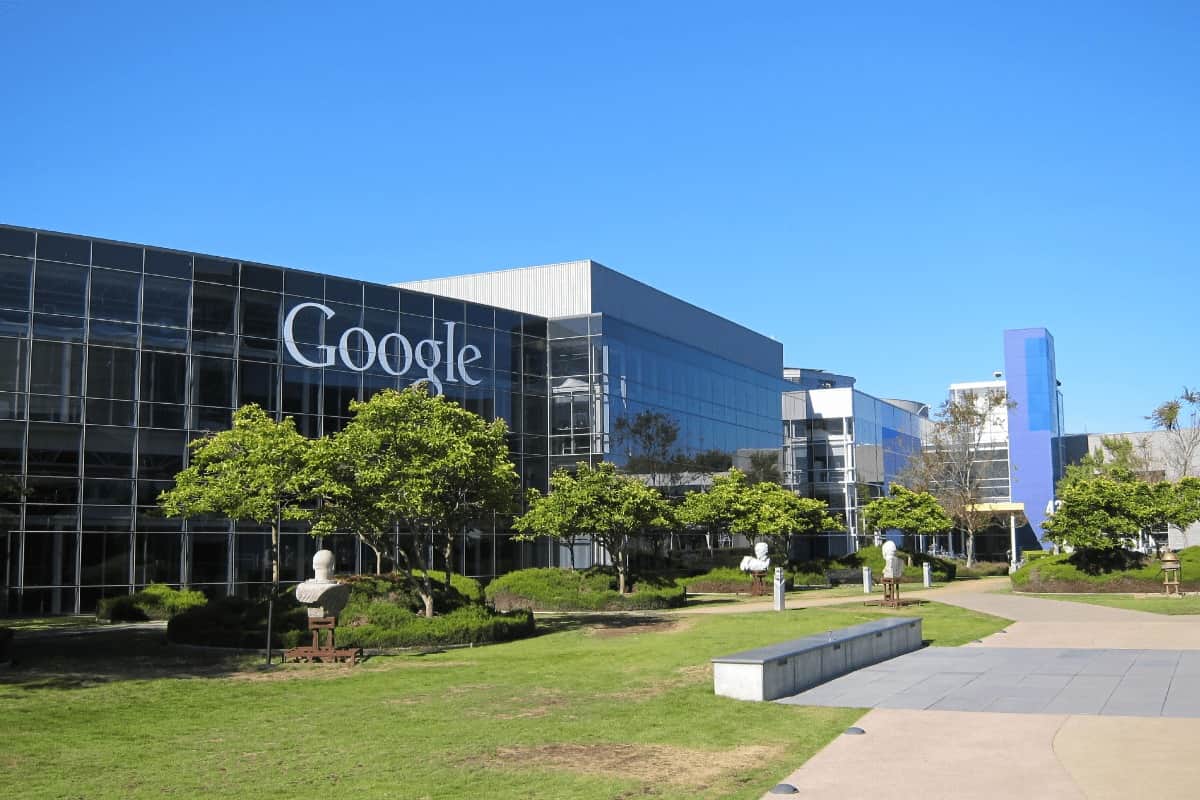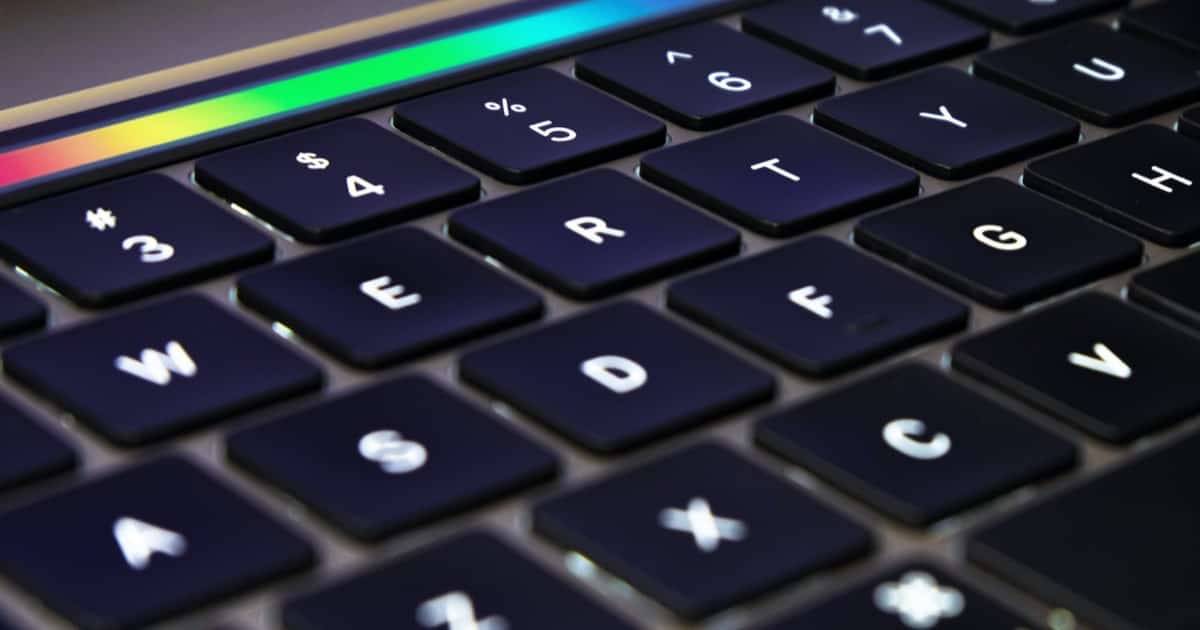Illinois residents can now apply to receive a Facebook payout of up to US$400 as part of a class action lawsuit. Here’s how to qualify.
Apple’s T2 Security Chip Jailbroken by Checkra1n
The latest update of checkra1n adds support for bridgeOS, which runs on the T-series of chips. These are responsible for the Touch Bar, managing encrypted data in its Secure Element, and controlling Mac camera access.
The ability to exploit the T2 processor could also allow you to bypass the anti-repair mechanism built into the Touch Bar. Further, it may allow hackers to get rid of the password or unlock MDM-locked systems.
As far as the OS goes, we could also add secure boot certificates like Microsoft’s secure boot signing or a self-signed Linux certificate.
‘Smart Tasks’ Reminder App Syncs Calendar Events
Smart Tasks is an app that combines reminders and your calendar to see what tasks you have one week at a time. Features include: Drag and drop to quickly add, reorder, delete, and import tasks; Swipe on any tasks, category, or date to access quick actions to get things done quicker; Sync across devices; Categories; Dark mode support; Multiple reminders in tasks; Notes in tasks; Choose between 28 modern colors for category labels; Calendar; Import reminders from the Apple Reminders app; Today Widget; Export and Import Tasks and Categories; Drag multiple tasks; Routines; Routine reminders; Add, edit, delete, and view calendar events; Handoff. Smart Tasks has a limited amount of features for free, and has a subscription costing US$1.99/month or US$11.99/year.
Tim Cook Could Earn One Million More Apple Shares by 2025
Apple has granted Tim Cook a massive new equity package and, in total, the company’s CEO could receive up to one million shares by 2025.
Apple and Epic Games Agree to Not Have Jury Trial
In a rare example of Apple and Epic Games agreeing, the two firms decided on Tuesday to move away from the possibility of a jury trial.
Cloudflare Web Analytics is a Private Alternative to Google Analytics
Cloudflare announced on Tuesday the introduction of Cloudflare Web Analytics as a free, private analytics service competing with Google Analytics.
Cloudflare does not track where visitors are going online, and can help web owners get clear and accurate information about how their sites are performing without the need to profile users. Cloudflare already processes the requests for sites on its network and can collect analytics at the edge without adding third-party analytics scripts to a website.
Deliveries 9 From JuneCloud Arrives September 30
Deliveries 9 from JuneCloud arrives Wednesday, September 30 for Apple devices. It will be a subscription-based app that costs US$0.99/month or US$4.99/year.
If you previously purchased the app, you’ll get a complimentary subscription for up to 18 months from the date you purchased it. If you bought the app more than 18 months ago, your complimentary subscription will end February 1, 2021. You’ll continue to have access to most features of the app even after your complimentary subscription ends.
On their support page it looks like the app will be useless without a subscription. If you want to add new deliveries and sync with iCloud then you’ll have to pay up.
Masimo Accuses Apple of Delaying Legal Battle to Boost Apple Watch Sales
Masimo Corp. claims that Apple stolen its blood-oxygen monitoring technology used in the Apple Watch Series 6.
NextDNS Lets You Create Configuration Files for iOS 14 Encrypted DNS
NextDNS released a new tool on Tuesday that lets you generate a configuration profile to let you use iOS 14 encrypted DNS without needing the NextDNS app.
Apple Shares New Marketing Tools for Developers Like App QR Codes
Apple has shared new App Store marketing tools for developers to promote their apps in various ways, like generating a custom QR code.
MoovyGo 12-in-1 USB-C Hub Station with Wireless Charging and Power Bank: $99.99
We have a deal on MoovyGo, a 12-in-1 USB-C hub with a built-in wireless Qi charger and its own power bank. This circular hub has an ethernet port, three USB-C ports (including a 60 watt charging port for laptops), an audio jack, an HDMI port, three USB 3.0 ports, one USB 2.0 port, and an SD/MicroSD card reader. The top is a Qi wireless charging pad, and inside the thing is a 4,500mAh power bank making this a portable battery, too. It’s $99.99 through our deal.
Apple vs Epic Could End up in Landmark Jury Trial
Apple’s court case with Epic Games, the maker of Fortnite, could be heading to a jury trial next year, according to the Judge.
State of TV+ Content – TMO Daily Observations 2020-09-29
Andrew Orr and Charlotte Henry join host Kelly Guimont to discuss the current state of Apple TV+ content and ways to watch all the new things.
Apple Looking to Expand Siri Languages
Apple hiring Siri Annotation Analysts, as it apparently prepares to expand the use of its voice assistant, MacRumors. The countries covered include Ukraine, Hungary, Slovakia, and the Czech Republic, amongst others.
Apple’s office in Cork, Ireland is hiring people fluent in Ukrainian, Hungarian, Slovak, Czech, Croatian, Greek, Flemish, Romanian, and as ThinkApple points out, Polish. Apple is also hiring people fluent in Indonesian and Vietnamese out of a Singapore office. As described in job listings, Annotation Analysts that work for Apple listen to and transcribe snippets of Siri conversations to evaluate Siri’s responses… These kinds of Siri evaluations were previously done by third-party contracting companies but Apple brought the work in-house following a mid-2019 uproar over the way Apple used Siri recordings for evaluation with little notice to customers.
Google, Fitbit Deal Looks Set for EU Approval
Google’s bid to purchase Fitbit is set to receive EU approval, according to Reuters. It comes after the tech giant made a variety of concessions. It comes as the firms look to challenge Apple’s strong position in the wearables market.
Google said it had offered to restrict the use of Fitbit data for Google ads and would also tighten the monitoring of that process, confirming a Reuters report. The offer is based on a July proposal. “We’re also formalizing our longstanding commitment to supporting other wearable manufacturers on Android and to continue to allow Fitbit users to connect to third party services via APIs (application programming interfaces) if they want to,” Google said in a statement. Third parties will also continue to have access to Fitbit users’ data, with users’ consent.
Disney+ Now Has 'GroupWatch' Feature
Disney+ has begun rolling out GroupWatch, allowing seven subscribers to watch something simultaneously on the service and react in realtime.
Complete Cybersecurity for All Is Simplified with Clario
Keeping safe from digital security threats isn’t easy. Clario an industry newcomer, provides simple, complete cybersecurity for everyone.
Foxconn Ramps up iPhone 12 Production to 24-hours-a-Day as More Rumors Emerge
Manufacturer Foxconn has reportedly ramped-up production ahead of the expected launch of the iPhone 12 next month.
Astrogator and CEO Mike Loucks - BGM Interview
Mike Loucks is the CEO of Space Exploration Engineering (SEE), which he co-founded in 1995. He received a BA in Physics/Astronomy from Whitman College, WA in 1985 and an MS in Aerospace Engineering Sciences from the University of Colorado in 1991. He co-founded SEE corp. in 1995 after working as an operations and trajectory planning expert for Orbital Sciences Corporation.
The NASA Apollo missions and science fiction by Robert Heinlein got Mike interested and space and astronomy. Early on, he pondered becoming an astronomer but later decided that aerospace engineering was his true passion. We chatted about the founding of SEE and his work there. Mike then told me about the kinds of computer and software tools he uses for orbital and celestial mechanics and the role Macs have played in his life. Mike finished with some great advice for students who want to pursue a career in aerospace engineering.
Federal Judge Halts TikTok Ban From United States
On Sunday, federal judge Carl Nichols granted a preliminary injunction against a TikTok ban from the Trump administration.
Plot Twist: Apple Also Has to Follow Google Play Store Rules
Google has updated its Play Store rules, saying that developers have to use Google Play’s billing system. From Daring Fireball:
Most reports are mentioning Spotify and Netflix here, but unless I’m missing something this policy change (or as Google claim, “clarification”) will also apply to Apple Music — the Android version of which charges users who sign up directly. The fact that Apple forces all subscription streaming services to use Apple’s in-app payments on iOS but doesn’t use Google’s on Android for Apple Music has been a source of much heckling.
I’m on the side of Apple in the Epic v Apple case, but if Apple has to follow Google’s similar rules for developers when it hadn’t already, simultaneously enforcing similar rules on its own side for developers, is hilarious to me. I hope that made sense.
Can iOS 14 Widgets Steal Your Keyboard Info?
After claims that iOS 14 widgets are up to no good, can they access your keyboard and act as keyloggers? First, as the developer of Widgetsmith says:
Leaving for a moment that I don’t think that is technically possible for a widget to read the keyboard. Widgetsmith was built from the ground up with complete privacy in mind and collects essentially no data about its users.
After using the app I wrote about this morning, Sticky Widgets, I’d say yes they can access your keyboard, because if not then Sticky Widgets would be unusable and you couldn’t type anything into them. Can they access the keyboard without user consent? Most likely not, as the quote continues: “Widgets use SwiftUI views to display their content. WidgetKit renders the views on your behalf in a separate process. As a result, your widget extension is not continually active, even if the widget is onscreen.”
MacBook Air's Numbered Days – TMO Daily Observations 2020-09-28
Bryan Chaffin and John Martellaro join host Kelly Guimont to discuss the MacBook Air and where it fits in the new world of Apple Silicon.
‘Billie Eilish: The World’s A Little Blurry’ Arrives on Apple TV in 2021
On Monday Apple announced that a documentary of Billie Eilish is coming to Apple TV+ in February 2021 titled “Billie Eilish: The World’s A Little Blurry.”

